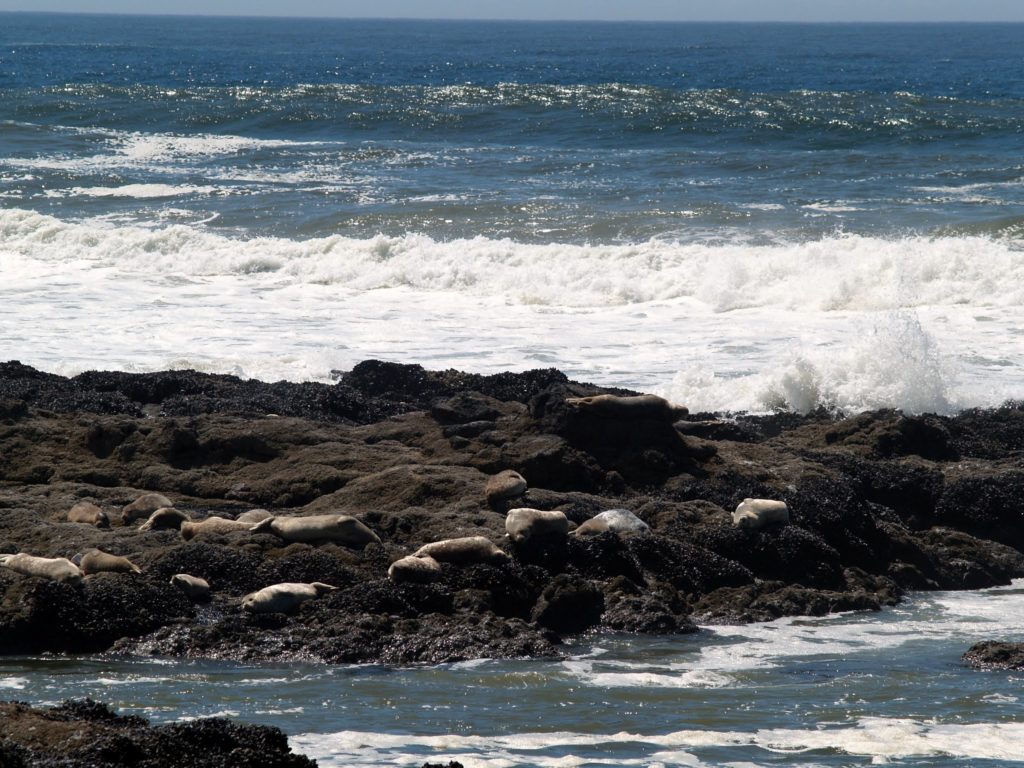
Faith or works?
Galatians 1: I can’t believe your fickleness.
The Apostle wastes no time getting to his purpose in writing. He states his credentials, reminding his readers that he is “God-commissioned” and then challenges their recent move away from grace and to Law. This, he says, is no small thing. Rather it’s a pivot away from Christ; a rejection of his message of mercy and life transformation. During his time in their province, Paul laid a foundation of faith for them. He avoided “rule talk” and concentrated on “freedom talk.” He knows all about rules and regulations. In fact, in earlier days he was the champion of both. The biggest fans of such things cheered him on, making him their hero. After meeting Jesus, though, Paul rejected all that. Then, as a messenger for Christ, he set out to tell the Good News and in the telling he carefully avoided binding people up with the things that had bound him the first part of his life. Now he hears that many are embracing the old, failed approach and he’s writing to put a stop to it. In his mind one must decide between seeking righteousness by faith or righteousness by works. The first is achieved only in Christ. The second, well, the second is never achieved and bound for failure before it starts. As I begin reading Galatians right off I’m plunged into a discussion about one of the primary concerns of human beings across the ages: just what must I do to be righteous in the eyes of God?
Take Away: Righteousness can never be found in keeping rules.





